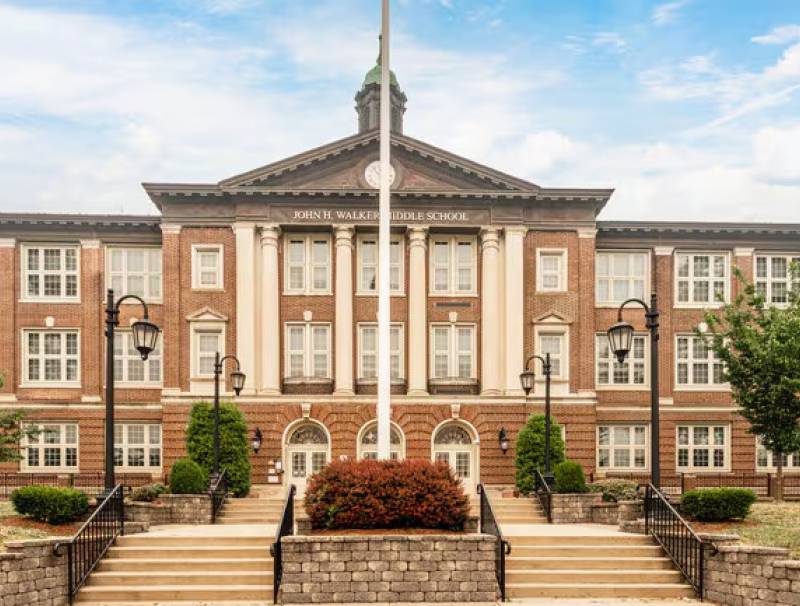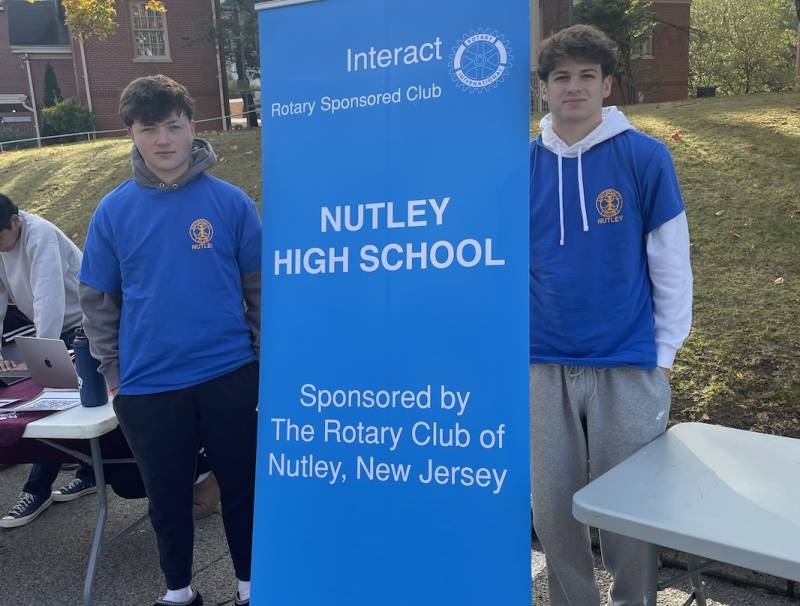New Georgia Voting Laws: What SB 202 will Change for the State
On Thursday March 25, Georgia Governor Brian Kemp signed the "Election Integrity Act of 2021” into effect. The 98-page series of bills will make changes to how elections are run in the state. It will also make adjustments to the voting process welcomed by local elections officials who were overwhelmed by record turnout and unprecedented shift towards mail-in voting in the 2020 presidential elections and state run-offs.
The bill was introduced during a state legislative session where Republican lawmakers sought to restrict access to the polls in response to three recent party losses - Georgia voters recently elected a Democratic president for the first time in nearly thirty years, along with two Democratic U.S. Senators. While critics say they expected some legislation aimed at Georgia’s elections system, the proposed bills have been more shocking than many initially anticipated.
To Democrats, the bill is a drastic attempt to restrict voting rights and curve Georgia’s elections through including new regulations that are now being seen as voter suppression. Doing away with no-excuse absentee voting, requiring absentee voter ID, restricting the locations of ballot drop boxes, and limiting the hours for early voting, are among the few changes that will occur. Republicans in support of the bills say the changes are needed to protect the integrity of elections and restore faith in the voting process amongst constituents.
Alan Powell, a Republican representative from northeastern Georgia, defended the state’s bill, making public statements following the bill’s passing saying it would bring needed uniformity to an electoral system that was pushed to the brink last year.
“The Georgia election system was never made to be able to handle the volume of votes that it handled,” he said. “What we’ve done in this bill in front of you is we have cleaned up the workings, the mechanics of our election system.”
In an interview with the Atlanta March 11, Emory University professor Carol Anderson, author of One Person, No Vote: How Voter Suppression Is Destroying Our Democracy, countered Powell’s statements saying, “Republican lawmakers are going on a bonanza to deter alleged voter identity theft, despite no proof of voter fraud in recent elections. They are targeting American citizens and denying them their right to vote.”
Anderson, an expert on the country’s history of voter suppression, says that “the nature of the bills wasn’t what is surprising, but it was the sheer volume of bills introduced in Georgia during the legislative session that has garnered widespread attention, even as other states propose similar legislation.”
For Anderson, Georgia’s bills ``register as textbook voter suppression” that is occurring as the result of an increase in turnout among voters of marginalized communities in the state. She is not the only person to see this bill as voter suppression.
Earlier this month, Fair Fight, the voter rights organization started by Democratic politician, Stacey Abrams, released a statement on Twitter that accused Georgia House Republicans of taking “yet another step to send voting rights in Georgia back to the days of Jim Crow.” The organization called House Bill 531, an omnibus bill that passed the House earlier this month, one of “the strictest and most anti-democratic pieces of voter suppression legislation in the country.”
Since the passing of the bill, protests have broken out primarily in Georgia but have also been seen in D.C. Push back to the law has come from out of state officials, retired government officials, celebrities, representatives of the sporting industry and even the president himself.
On April 3, The New York Times reported that “Former President Jimmy Carter also recently spoke out against proposed legislation, saying he was “disheartened, saddened and angry” by efforts to restrict absentee voting access.”
President Biden joined Georgia Democrats on the day of the bill’s passing denouncing efforts to limit voting, calling Republicans’ actions “the most pernicious thing.”
“This makes Jim Crow look like Jim Eagle,” he said at his first formal news conference since taking office held on March 25.
Here’s what you need to know about the issues that appear in the two most controversial voting bills, HB 531, and its Senate counterpart, SB 241.
Issues: No-excuse absentee voting and additional voter ID requirements
What does the law currently say?
Georgia is currently one of dozens of states that doesn’t require an reason to be voting by mail, meaning that any registered voter can request and use an absentee ballot. The policy has been supported by both political parties at different points in time. Georgia’s no-excuse law was passed in 2005, and, at the time, was backed by Republican lawmakers.
As for proof of ID, it is currently required when requesting an absentee ballot online.
What would change?
Senate Bill 241 would significantly restrict absentee voting access to people who are older than 65, physically disabled or a caregiver for someone who is physically disabled, observing a religious holiday or a military/overseas voter. They would also have to include a photo of their ID or their Georgia drivers license number.
HB 531 does not place the same restrictions on who can request an absentee ballot, but it would also require absentee voters to include a photo of their ID or their Georgia drivers license number.
Issue: Early voting
What does the law currently say?
State law requires early voting to begin on the fourth Monday prior to an election and “as soon as possible” prior to runoffs. Early voting ends the Friday before Election Day. Counties are allowed to hold early voting beyond weekday business hours, including weekend voting. And as elections are run in Georgia at the county level, early voting hours can vary from place to place.
What would change?
SB 241 has the most controversial changes to early voting. The bill includes a provision that would add “uniformity” to early voting. During the three weeks before Election Day, all counties in Georgia would be required to hold early voting from 9 a.m. to 5 p.m. on weekdays. The second Saturday before the election would also serve as a mandatory early voting day, lasting from 9 a.m. to 5 p.m.
Issue: Limiting access to ballot drop boxes
What does the law currently say?
With residents limiting contact during the Covid-19 pandemic and amid USPS delays, ballot drop boxes became a safe, reliable way to vote in 2020. According to WABE, the drop boxes were used for the first time in Georgia last year. The boxes were accessible 24/7 and under constant video surveillance. Fulton County alone had more than 30 available for voters according to their records.
What would change?
HB 531 has garnered the most attention for its proposed changes to ballot drop boxes. The bill would limit the number of drop boxes and place them inside early voting sites, meaning voters would only be able to access them during in-person early voting hours.
Issues(s): Line warming
What does the law currently say?
When hours-long lines form at polling sites it has been typical for people to arrive with bottled water, snacks, and even slices of pizza to pass out to voters while they wait. But the process has long endured a bit of legal questioning.
In an article last year exploring whether or not volunteers were legally allowed to offer food or drinks to voters, Henri Hollis of the AJC described the practice of “line warming” as one that “falls through the cracks.”
The article stated, “At the crux of the issue are both federal and state laws meant to prevent special-interest groups from ‘rewarding’ voters for casting their ballots. However, according to attorney Dara Lindenbaum, counsel for Fair Fight Action, there’s a loophole: As long as anyone, such as poll workers or passers-by, can partake in the offerings, the food and drink are clearly not a reward to voters.”
What would change?
HB 531 is the bill that takes direct aim at “line warming.” It aims to make this practice a misdemeanor offense.










